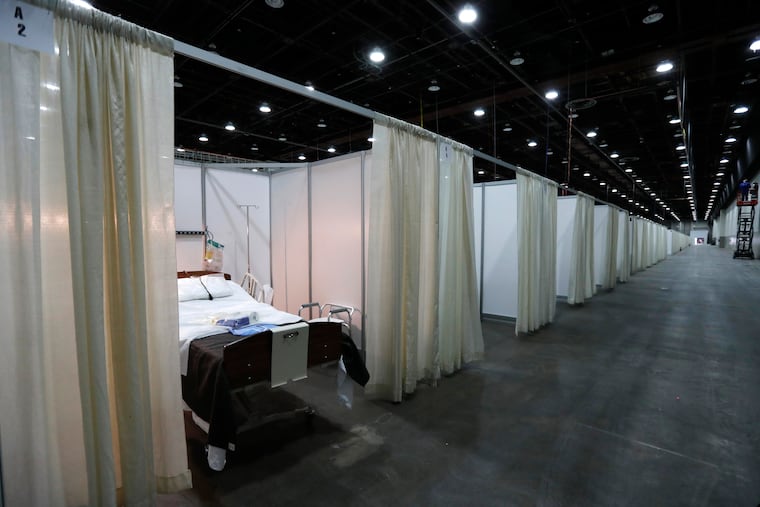Protecting the nation’s most vulnerable during the COVID-19 pandemic | Opinion
Human services providers for those with intellectual disabilities, autism, brain injury and behavioral challenges are valiantly grappling with a no-win situation: how to manage safely through the COVID-19 Pandemic.

Human services providers for those with intellectual disabilities, autism, brain injury and behavioral challenges are valiantly grappling with a no-win situation: how to manage safely through the COVID-19 Pandemic. Their focus remains clear; to keep clients and staff safe, and to bring programs and services into homes to minimize client contact with others. The clients they support have a wide range of complex issues, including severe behavioral challenges, psychiatric disorders, and medical conditions that put them at greater risk for the worst outcomes if they contract COVID-19.
Now, more than ever, dedicated direct care professionals along with nurses are on the frontlines providing hands-on care, keeping clients safe in their homes while also keeping them engaged and helping them maintain skills for independence and daily living. This adds stress to direct care professionals, nurses and to a sector that has grappled with a workforce crisis for years.
Additionally, these human services provider organizations have had to spend unbudgeted and enormous sums for unexpected purchases of life-saving medical and other personal protective equipment supplies with little hope of recouping these expenditures, as they are not licensed as hospitals or nursing homes. For example, Woods and our affiliate organizations in southeastern Pennsylvania and New Jersey began to plan for COVID-19 in early March. Our Emergency Preparedness Plan went into effect on March 13 and we started to take staff temperatures as they arrived at work each day and supplied them with scarce personal protective equipment. Furthermore, our operations, nursing and medical staff created isolation beds to be ready for clients in need. Yet, this sector has yet to be fully recognized or acknowledged for what it is doing to protect very vulnerable individuals.
And, while all of us appreciate the federal stimulus package for COVID-19 that just passed and what it is doing for our hospitals and nursing home industry, it is not clear how larger complex health and human services agencies will fare. So, we ask that our federal, state and local governments not forget the 24/7 service providers working on the frontlines as we try to manage through this crisis. If we are ignored, the country could be left with a ruined infrastructure that is unable to provide critical services for people with intellectual and other disabilities and frailties.
Tine Hansen-Turton is president and CEO of Woods Services and a member of the Inquirer’s Health Advisory Board Panel.